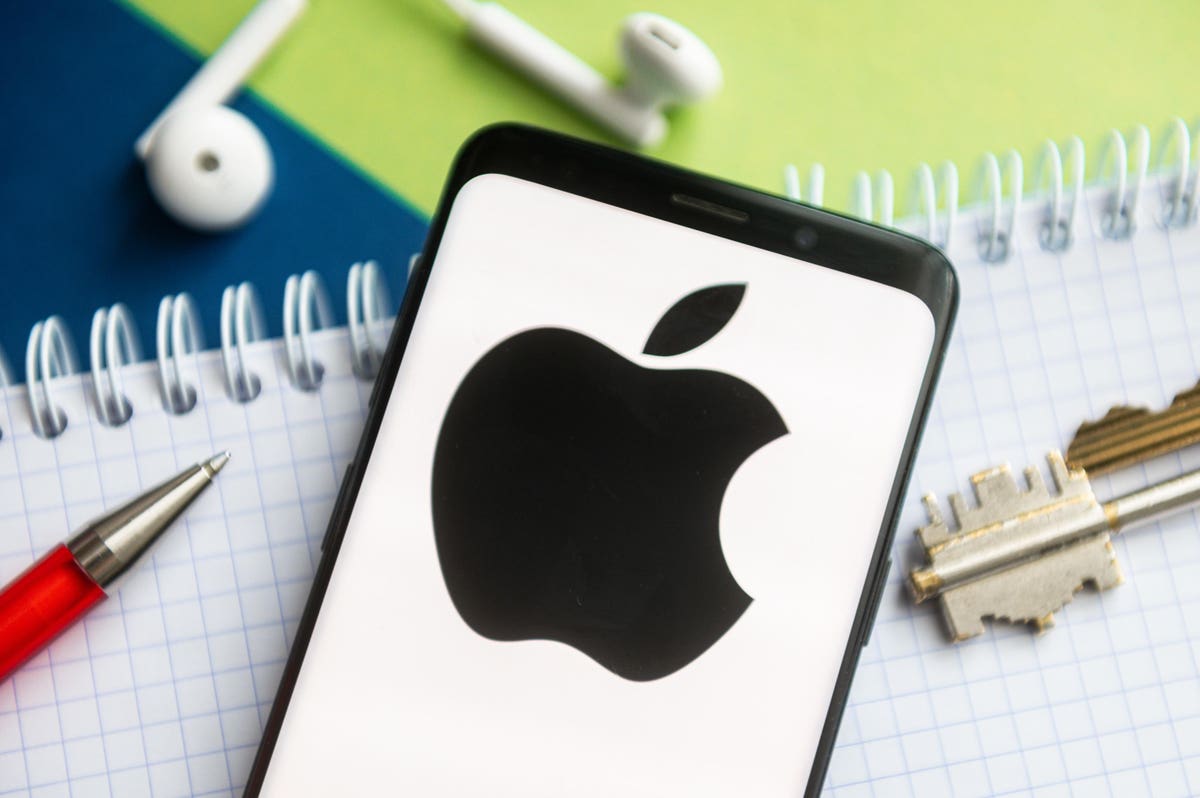Apple
AAPL
While Apple is known for disrupting product categories with highly refined products with great software and design, the new headset appears to be entering a much more nascent market. Smartphone sales were rising and use cases were clear when Apple got into the game in 2007 with a highly refined product. Similarly, the templates for tablets were largely set when Apple launched iPad in 2010. However, the mixed-reality headset appears like a bit more of a speculative bet. While Apple’s products are typically sleek, with high-end industrial design, the headset could be more utilitarian and could resemble a pair of goggles connected to an external battery pack, per the Wall Street Journal. The device is expected to combine virtual reality – used for games and experiences – with augmented reality, which overlays digital information in the real world potentially using cameras. Apple would need to educate consumers on what the device is really for. Companies such as Facebook have invested considerable sums into this space thus far with little success. Worldwide shipments of VR headsets and augmented reality devices actually declined by over 12% year over year to 9.6 million in 2022, per data from analyst firm CCS Insight. Apple’s device is also initially going to be expensive, with reports pointing to a price tag of roughly $3,000, indicating that it will likely focus on a niche audience of early adopters in its first iteration.
Overall, we don’t think the device will help Apple’s stock in the near term. Apple stock already trades at a relatively lofty $175 per share, or almost 30x forward earnings, despite the fact that consensus forecasts point to a revenue decline this year. We don’t think the pricey headset will do much to re-rate Apple stock higher in the near term. That being said, there is good reason to believe that Apple could eventually make its mark in the segment. Apple is known for cutting-edge hardware engineering and also emerging as a leader in semiconductor design. Apple also has a knack of working with developers and building a software ecosystem around its products, while refining future iterations of the device around particular areas that consumers like. For instance, with the Apple Watch, Apple took a few years to zone in that customers really valued the fitness capacities of the device, marketing it as a health-first product. Apple could do something similar with its headset as well, while also bringing down prices as technology matures. We value Apple at about $162 per share, about 10% below the market price. See our analysis of Apple Valuation for more details on what’s driving our price estimate for Apple and how it compares with peers.
What if you’re looking for a more balanced portfolio instead? Our high-quality portfolio and multi-strategy portfolio have beaten the market consistently since the end of 2016.
Invest with Trefis Market Beating Portfolios
See all Trefis Price Estimates
Read the full article here




